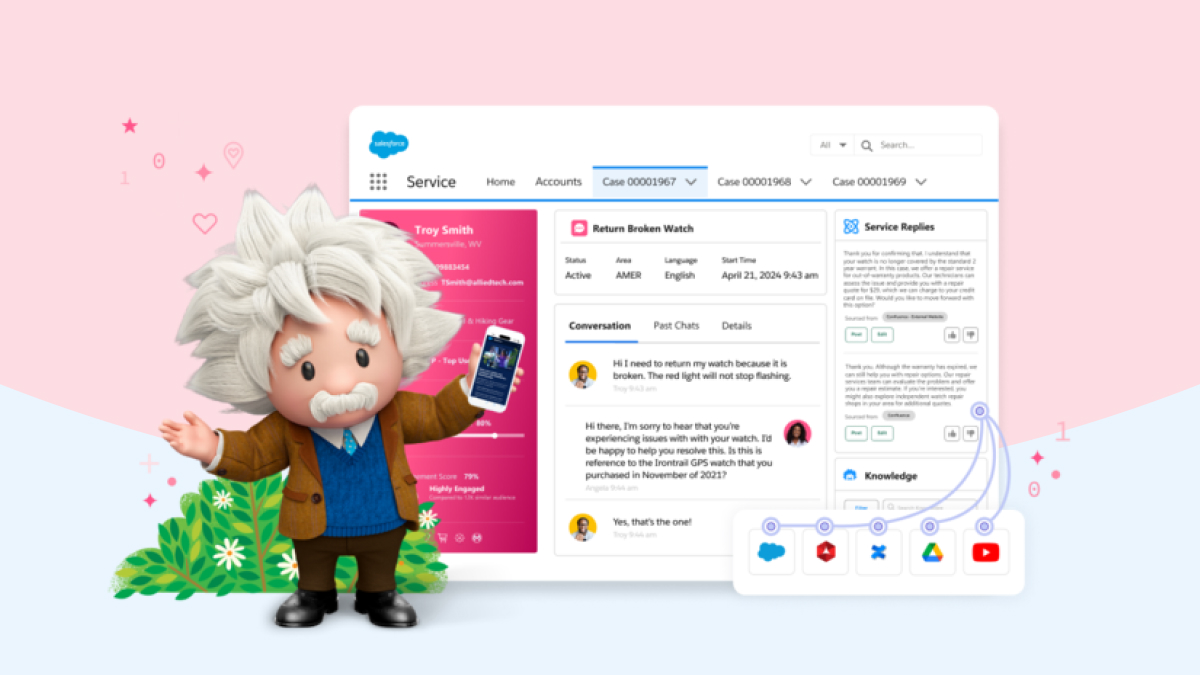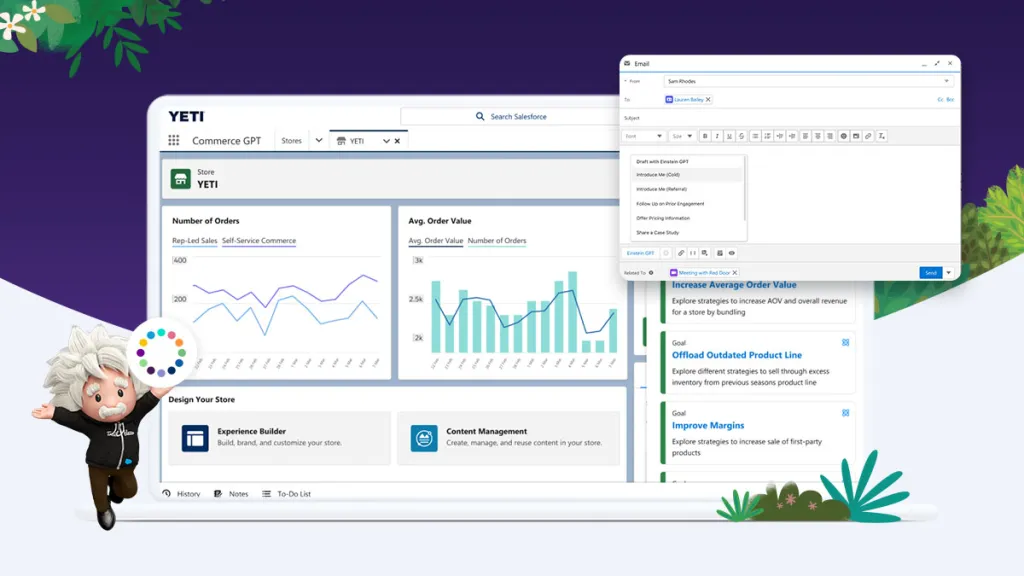In the fast-evolving world of digital transformation, businesses are racing to stay ahead by leveraging the power of data. Salesforce’s Data Cloud has emerged as a pivotal solution, empowering organizations to unify and integrate data seamlessly. This innovative platform has redefined how Salesforce users manage, analyze, and act upon data, making it a game-changer in the CRM landscape.
What is Salesforce Data Cloud?
Salesforce Data Cloud is a real-time platform designed to unify data across various systems and channels, creating a single source of truth for customer insights. By integrating data from disparate sources, organizations can gain a holistic view of their customers, enabling personalized engagement and smarter decision-making.
The ability to unify knowledge—bringing together data from marketing, sales, customer service, and beyond—and integrate that knowledge into actionable strategies is what sets Data Cloud apart. With its real-time capabilities, businesses can react to customer needs dynamically, enhancing customer satisfaction and driving growth.
Key Benefits of Integrating Knowledge with Data Cloud
1. Unified Customer Profiles
Data Cloud aggregates data from multiple sources to create unified customer profiles. For Salesforce users, this means having all customer interactions, preferences, and behaviors in one place. By working with a Salesforce implementation partner in Chicago, businesses can tailor this integration to meet their unique needs, ensuring a smooth transition and maximum ROI.
2. Enhanced Decision-Making
With integrated knowledge, businesses gain deeper insights into customer behavior and market trends. Salesforce consulting in Chicago can help local businesses harness these insights, enabling data-driven decisions that improve operational efficiency and customer engagement.
3. Personalized Customer Experiences
Data Cloud allows organizations to deliver hyper-personalized experiences by integrating customer data in real time. Whether it’s a targeted marketing campaign or a tailored service solution, businesses can ensure every interaction resonates with the customer.
4. Streamlined Operations
Integrating and unifying data reduces silos, streamlining workflows and improving collaboration across departments. This is where partnering with a Salesforce consultant in Chicago can provide valuable expertise, ensuring that systems and processes align with organizational goals.
Leveraging Unified Knowledge with a Salesforce Partner in Chicago
Businesses in Chicago have a unique opportunity to tap into local expertise by working with a trusted Salesforce consulting partner. A seasoned Salesforce consultant in Chicago can:
- Identify gaps in your current data strategy.
- Customize Salesforce solutions to align with your business objectives.
- Provide ongoing support to maximize the value of your Salesforce investment.
By leveraging the power of Data Cloud, businesses can achieve a competitive edge in their respective industries, ensuring they stay ahead in today’s data-driven world.
Why Choose Salesforce Data Cloud?
Salesforce Data Cloud is more than just a data integration tool—it’s a catalyst for innovation. Its ability to unify knowledge across systems and provide actionable insights makes it an essential tool for any organization looking to thrive in a customer-centric market. For businesses seeking Salesforce consulting in Chicago, this platform offers unparalleled opportunities to revolutionize how they manage and utilize data.
Conclusion
Integrating and unifying knowledge with Salesforce Data Cloud is a transformative step for any organization. By collaborating with a Salesforce partner in Chicago, businesses can unlock the full potential of their data, driving customer satisfaction and business growth. Whether you’re just beginning your Salesforce journey or looking to optimize existing systems, leveraging Data Cloud can elevate your operations to new heights.
For organizations ready to embrace the future of CRM, now is the time to explore the possibilities of Salesforce Data Cloud. Partner with an expert Salesforce consultant in Chicago today and take the first step toward unparalleled success.




